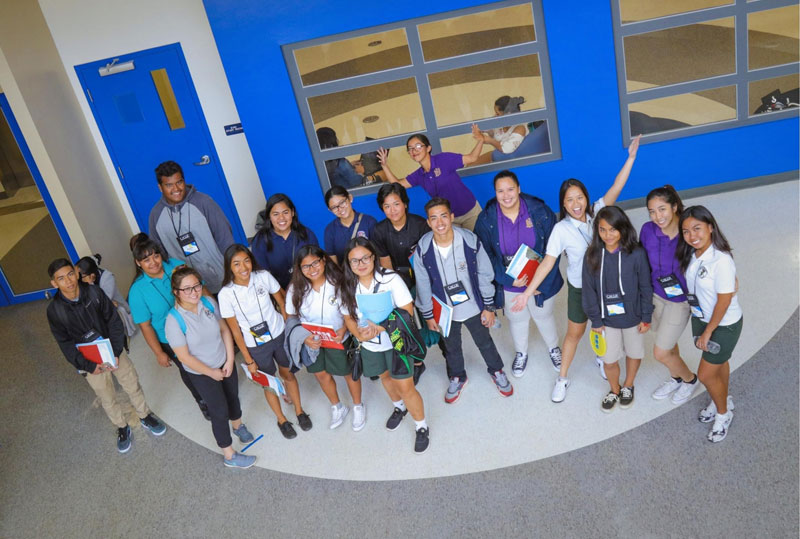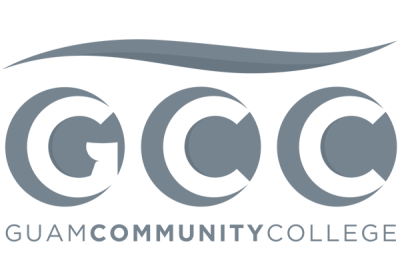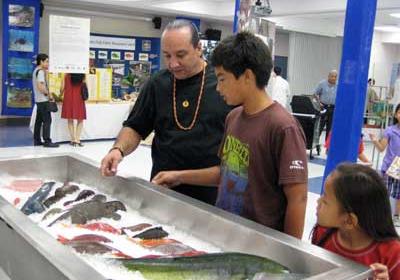Certificate in Sign Language Interpreting
- You are on...
Main Page for Sign Language Interpreting
Certificate in Sign Language Interpreting
Total Credit Hours: 31
The Certificate in Sign Language Interpreting program is designed to prepare individuals who are pursuing a path in interpreting and becoming facilitators of communication for the Deaf. The program combines theoretical and practical learning experiences that will develop the students’ linguistic knowledge and understanding of American Sign Language (ASL), as well as their awareness of Deaf culture.
| Major Requirements | ||
| Course | Course Name | Credits |
| ASL100 | American Sign Language I | 4 |
| ASL110 | American Sign Language II | 4 |
| ASL120 | American Sign Language III | 4 |
| ASL130 | American Sign Language IV | 4 |
| IN145 | Vocabulary Development for Intercultural Development | 3 |
| IN170 | Introduction to Interpreting | 3 |
| IN180 | Ecology of Deafness | 3 |
| IN220 | Voice to Sign Interpreting | 3 |
| IN292 | Sign Language Interpreting Practicum | 3 |
| Certificate Total | 31 | |
2024-2025 College Catalog
General Requirements for Certificates
Effective fall Semester 2003, several academic policy changes were implemented to ensure that students are adequately prepared to meet business and industry standards. All Undeclared or newly Declared Students enrolled in regularly scheduled postsecondary courses must be enrolled in or must have completed developmental coursework for Math and English or have successfully placed into post-secondary Math and English (or equivalent).
Students must fulfill the English general education requirement by the time they have enrolled in 12 credits of classes. This means that students may take only nine (9) credits before they must begin meeting the general education requirements. All declared students in Certificate programs will be required to successfully complete minimum general education course requirements. For more information, refer to the Admissions Information, General Education Policy section of this catalog.
A. General Education Requirements
Students must demonstrate proficiency in reading, writing, understanding and speaking English as indicated by one of the following:
- Test out of the English Placement Test (or equivalent), or
- Satisfactory completion of EN097 courses and
- Test out of the Math Placement Test (or equivalent), or
- Satisfactory completion of MA098 course
B. Major Requirements. Total Major Requirements vary by program. Minimum Total Credits Required for a Certificate is 30 credits.
* No course may be counted for both Major and General Education requirements.
** Placement testing is not mandatory for admission to the College. Completion of placement testing or equivalent, however, is required for enrollment into English and mathematics courses. Therefore, students who plan to enroll full-time in a program should take the placement test to be eligible for a full load of courses.
- Demonstrate knowledge of historical, social, cultural and ideological constructions of deaf people and their communities on national and global scales.
- Introduce and present written projects related to the field of Deaf Culture using various media.
- Reflect and engage in critical inquiry relating to topics in Deaf Culture and sign languages.






